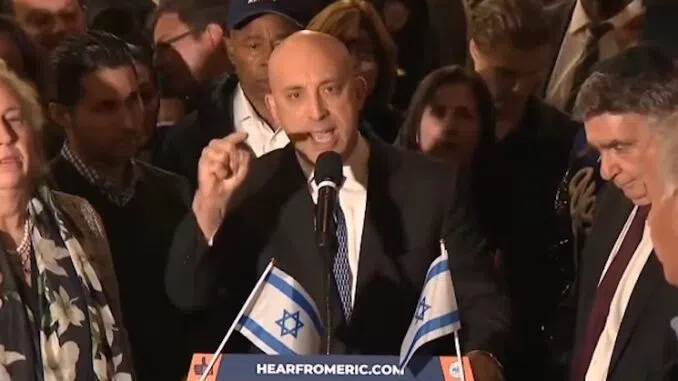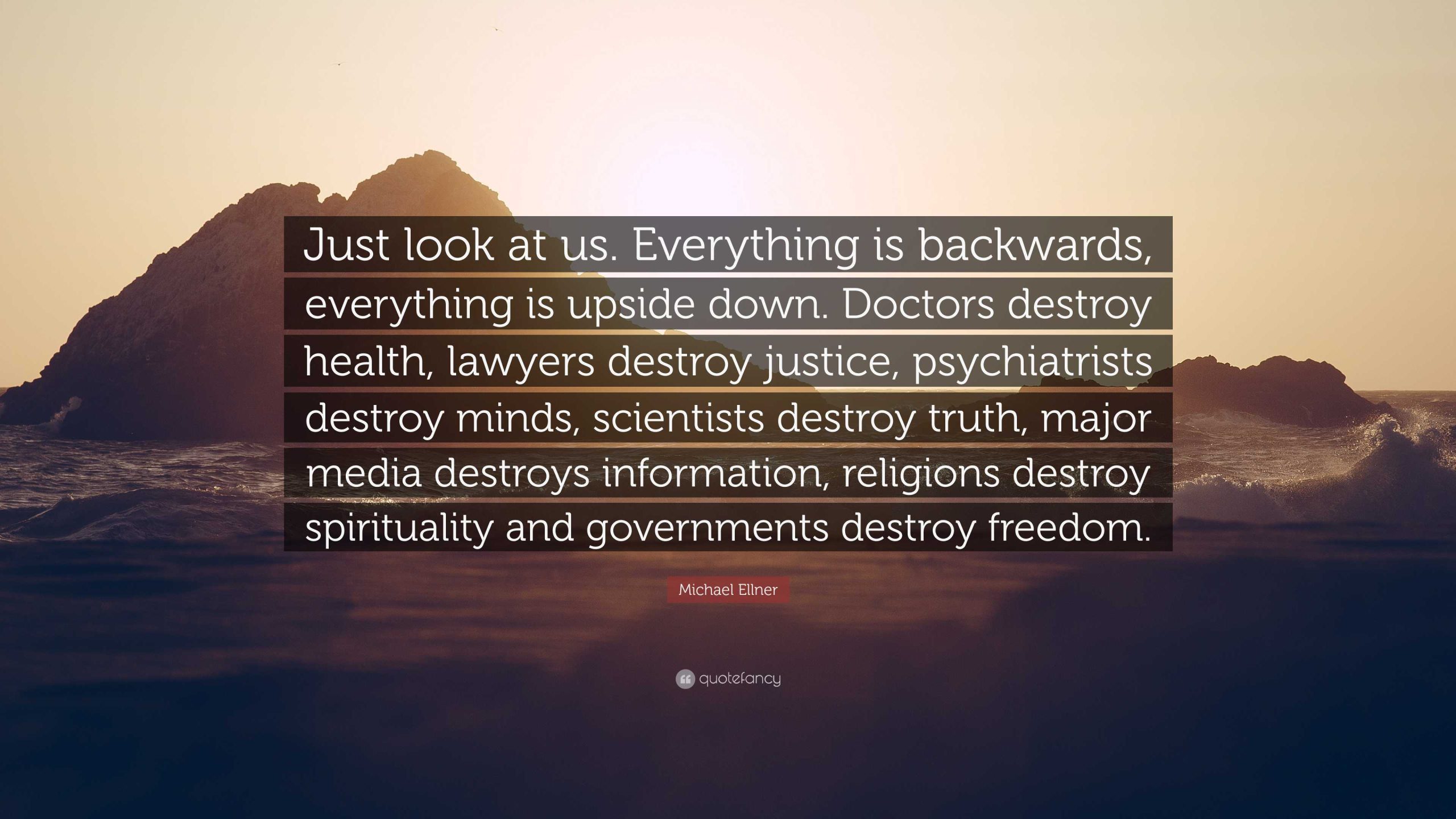Is Jonathan Greenblatt’s Rhetoric Fueling Israel-Palestine Controversy? Amidst a backdrop of intense debate and global scrutiny, the CEO of the Anti-Defamation League, Jonathan Greenblatt, has raised eyebrows with his fiery rhetoric. Accusations, advocacy for online civility, and the moral questions surrounding the Israel-Palestine conflict have converged in the spotlight. But does Greenblatt’s approach foster healthy dialogue or fan the flames of controversy? More on this below. Keep reading
The Anti-Defamation League (ADL) CEO, Jonathan Greenblatt, has recently sparked controversy with his statements on the Israel-Palestine conflict. In this article, we will delve into Greenblatt’s perspective and the impact of his words on the ongoing debate. We’ll also explore the importance of responsible discourse and the consequences of using divisive language in such a sensitive matter.
Is Jonathan Greenblatt's Rhetoric Fueling Israel-Palestine Controversy? https://t.co/8D7lPu8Qvn
— Chris Wick News (@ChrisWickNews) October 11, 2023
Jonathan Greenblatt’s Controversial Statements
Greenblatt declared on Monday that individuals who criticize Israel are labeled as “terrorists” and “Hamas sympathizers.” His strong statements have ignited heated discussions and debates among various interest groups.
Accusations of Being Hamas Accomplices
According to Greenblatt, those who voice anti-Israel or pro-Palestine opinions are regarded as “accomplices” in Hamas’ attacks, and he suggests that they will “end” on “the ashes of history.” These strong allegations have raised concerns about free speech and the right to express dissenting opinions.
The ADL’s Role in Social Media Censorship
Greenblatt’s Advocacy for Online Civility
One of Greenblatt’s primary roles at the ADL has been to pressure social media companies to censor users for using “dehumanizing” language that could potentially “lead to real-world violence.” His efforts aim to foster a more civil online environment.
Irony in the Midst of Conflict
However, critics argue that there is an irony in Greenblatt’s stance. While he advocates for responsible online discourse, he is now being accused of dehumanizing Palestinians and their supporters to support Israel’s actions in Gaza. This raises questions about consistency in his approach to online behavior.
The Israel-Palestine Conflict and Collective Punishment
Israel’s Actions in Gaza
Greenblatt’s recent statements also touch on Israel’s plan to address the situation in Gaza. The concerns revolve around the potential consequences for the 2 million Palestinian civilians living in the area.
Collective Punishment Controversy
Critics argue that Israel’s strategy, which Greenblatt is seen as supporting, could result in a genocidal “siege” on Gaza and that it amounts to collective punishment. The implications of such actions are a matter of international concern and have raised questions about the morality and ethics involved in this ongoing conflict.
Hot Take: Well, it seems Jonathan Greenblatt is no stranger to controversy. While he champions online civility, his own words have added fuel to the already fiery Israel-Palestine debate. As we ponder the implications of his statements and their impact on the discourse, it’s clear that in a world full of contradictions, one must tread carefully. After all, it’s a fine line between advocacy and aggravation.










